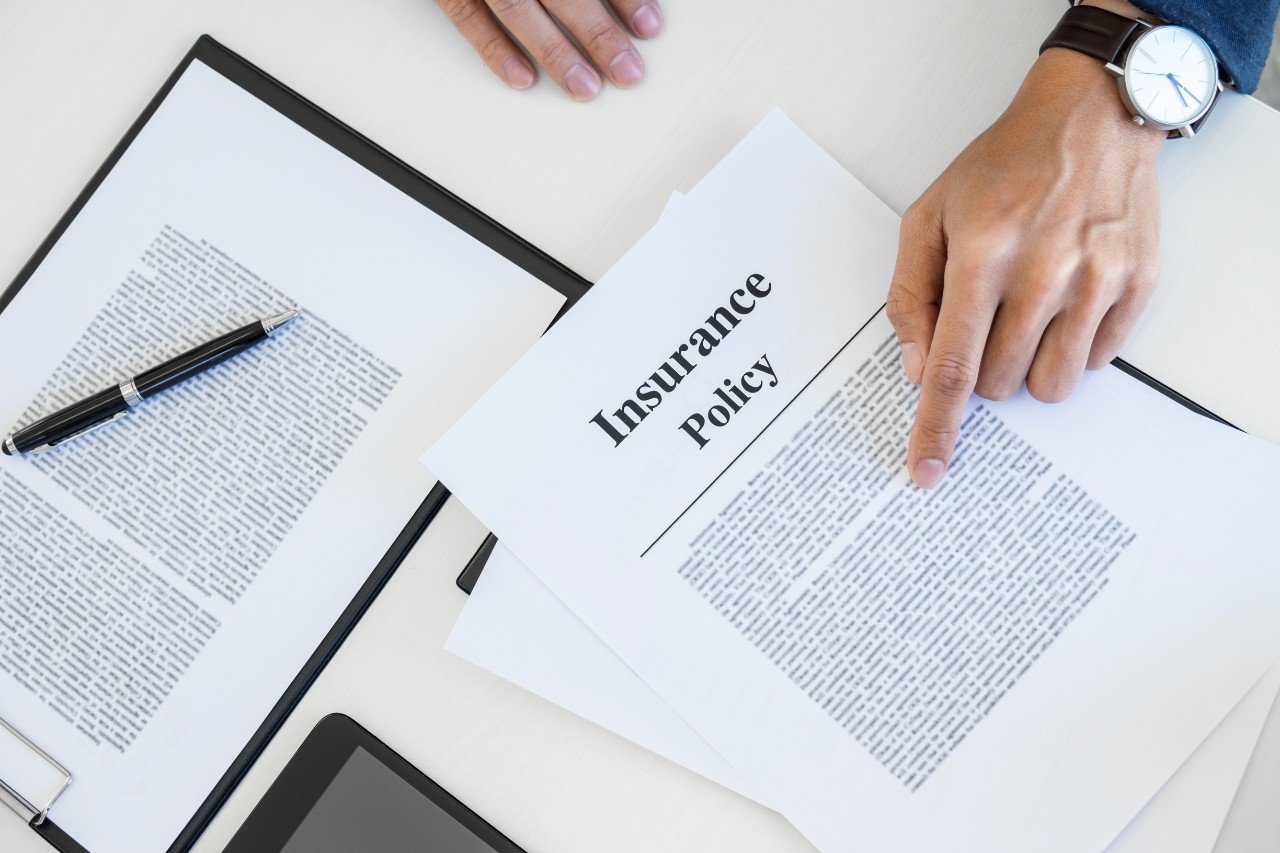No one wants to think about suffering injuries from a car accident, but it’s a very real threat each time you leave the house. Estimates report that more than 85% of American workers drive to work each day, while only a meager 2% ride their bike. Unless you never leave the house, suffering from an automobile accident is a real concern across the globe.
Most Americans rest easy knowing that they have insurance, whether that be car insurance or medical insurance. After all, owning car insurance is mandatory in order to drive or own a vehicle in the United States. Car insurance typically covers any costs of repair to your vehicle following an accident, whether that be paying for windshield replacement or the cost of the entire car if it’s totaled. Car insurance seems easy to understand since the coverage is in the name. But do private health insurance plans cover the cost of car accident injuries?
Here’s what you should know about your private health plans and whether you can expect to receive a sum following your car accident.
First Comes Auto Insurance
Health insurance is meant to protect every aspect of your physical—and sometimes mental—health. However, it’s worth noting that you will still have to pay the deductible or copayments stipulated by your health plan.
Before you worry about figuring out the complications in your deductible, it’s important to know that your car insurance typically comes first. The rule of thumb is that your car insurance covers the brunt of your medical costs. Since basic liability coverage is inherent in most automobile insurance policies, you can expect your auto insurance to pay you up to the policy’s upper limits. If you were at fault for the accident and have to cover another person’s injuries, however, this number can vary widely.
In the event that you went through your private insurer, you can expect that company to bill your auto insurer to cover that cost. Most often, your insurance providers will cover this legal matter on their own, but you might have to get involved depending on the small print of your membership.
Med pay is another popular option for those who want to go solely through auto insurance. It’s important to keep in mind that these coverage limits are typically lower than one might expect, but it’s a good option for those who have small insurance plans through a private provider.
Then Comes Private Insurance
Once your other forms of financial coverage (typically your auto insurance or your PIP coverage) run out, your private health insurance provider typically steps in. In this case, you will have to pay your copayment or necessary deductibles. Since these rates can run high, however, talking to a personal injury attorney can help you regain some of these costs if you take the at-fault driver to court.
Unless the private health insurance you’re prescribed to does not contain a policy on automobile insurance, you can rest easy knowing that your health coverage is secure for auto accidents. In most cases, family coverage is also included in these options if they are a passenger in your car at the time of the accident.
Your private insurance provider might also be able to give you some advice if you are not the at-fault driver, especially if you pay for uninsured rates. After all, running a hospital is still a business and receiving medical care is not cheap. Gaining reimbursement from the at-fault driver might take a while but it’s worth it if you want to recover that lost sum.
Understanding insurance isn’t always easy and it’s even harder when you’re suffering from injuries sustained from a car accident. Rely on these top tips to help get the most out of your accident.
